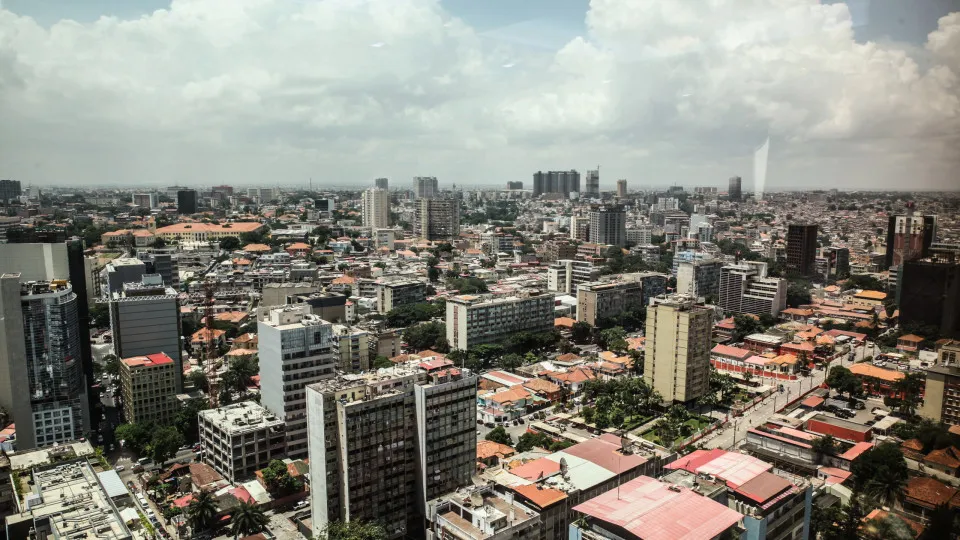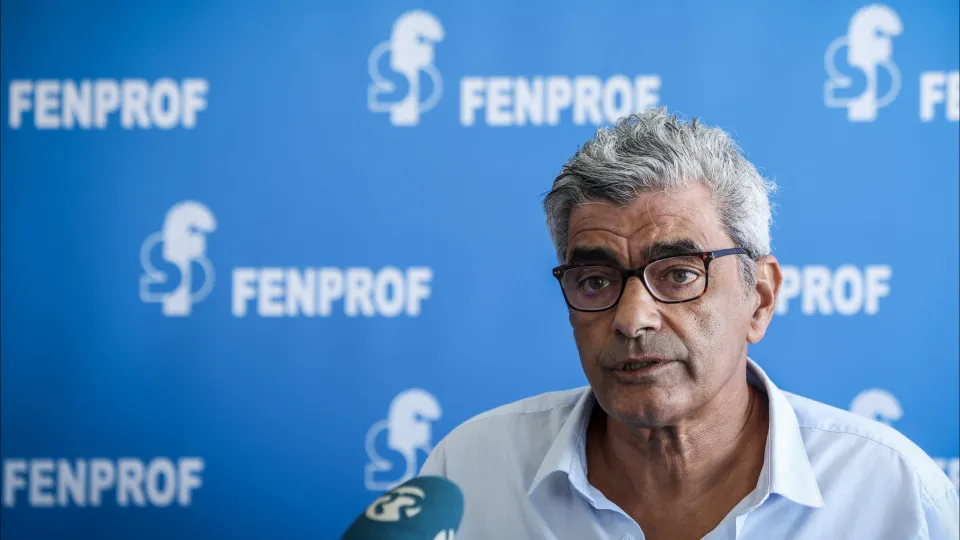
The presentation of the OGE 2026, which estimates revenues and sets expenditures at 33.2 trillion kwanzas (31 billion euros), 4.7% below the current budget, highlighted a significant economic shift in Angola. The Minister of State for Economic Coordination, José de Lima Massano, indicated that, for the first time in several years, non-oil revenue will surpass oil revenue, marking “a structural change” and a sign of “what is happening” with the Angolan economy.
The OGE 2026 proposal was crafted with an oil price forecast of 61 dollars per barrel, compared to the current budget’s 70 dollars, anticipating a reduction in the oil sector by about 1%.
“Currently, the oil sector holds a weight of about 20%, the agricultural sector around 19%, and the same applies to commerce, the three major contributors to our Gross Domestic Product. In this exercise, we will already feel this greater contribution from the non-oil sector,” he emphasized.
According to José de Lima Massano, a survey by the National Institute of Statistics (INE), which compiles the industrial production index, indicates that the industrial sector has witnessed significant growth of about 12% over the last 12 months.
“This is the direction we will continue to observe in our economy, and therefore we are also bringing a set of incentives to enable this progress. This is how we will have the capacity, not only to mobilize the revenue we need to continue investments and tackle the main issues affecting our citizens, but also to create more employment opportunities for our youth,” he stated.
To support the business sector, the executive will continue stimulating and protecting domestic production by adjusting customs rates for certain products, notably the Special Consumption Tax (IEC), which impacts high alcohol content beverages and cigarettes, he added.
“There will be an upward adjustment, but with the intention that this adjustment will be directly affected by the acquisition of medicines to support the social sector,” the minister noted, also announcing the elimination of interest on overdue fines for taxpayers.
“We will allow taxpayers with fines up to today to regularize them without the need to pay any interest,” he stressed, also highlighting changes to the Urban Property Tax.
José de Lima Massano mentioned that residential properties valued up to 40 million kwanzas (37 thousand euros) will also be exempt from tax burdens under the Urban Property Tax.
The Development Bank of Angola (BDA) will have its capital increased by an additional 100 billion kwanzas (93.2 million euros) to continue supporting projects contributing to economic diversification, development, and modernization of business activities, he said.
“Essentially, we will have a budget that also brings a strong sense of responsibility. It is not different from what we have been doing in recent years, but here, because the total expense envelope is decreasing, we will have an expenditure that will be about 4% lower than what we are executing in this 2025 exercise,” he noted.
According to José de Lima Massano, a proposal with a lower expenditure envelope demonstrates “the path of balancing public accounts, being an important contribution to price stability efforts.”
The President of the National Assembly, Carolina Cerqueira, emphasized that the OGE 2026 proposal is a critical tool for state activities, “to address the major future challenges and the social and economic needs of families, populations, and companies.”
Carolina Cerqueira recalled that the OGE 2026 proposal now proceeds to a general debate before moving to the specialty stage, hoping to garner contributions from social partners and the involved budgetary units for a final global vote in December.




